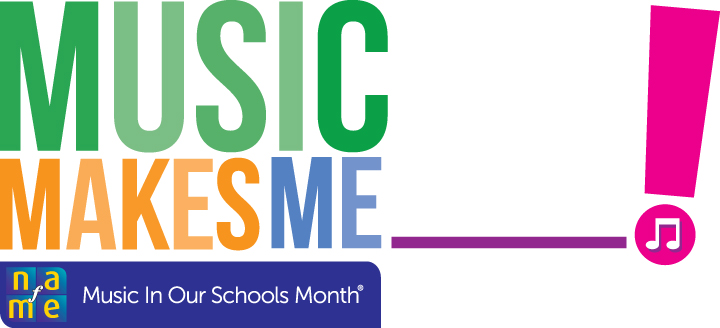Every March since 1985, schools put an extra focus on music. And for good reason. Sponsored by the National Association of Music Education, Music In Our Schools focuses in on the benefits of quality music programs for all grade levels, and the overall impact it has on raising a happy, healthy, and highly educated child.
Studies show that introducing a child to music early on can have a profound impact. Yet even with all the studies and statistics that exist, when it comes to budget cuts in the school systems, music is almost always on the chopping block.
What are the benefits? Once you understand them, its easier to go into your local school and work with them to keep music as a curricula that gets attention every single week. It will also give you even more reasons to introduce music in your home – and the piano isn’t something just for your kids, the whole family can enjoy.
What does music do?
Music isn’t just one instrument or one characteristic. A music rich experience involves singing, listening, playing and moving. It develops listening skills, eye-hand coordination, develops large and small muscle groups. Music supports learning; it integrates different learning comprehensions together to help stimulate different portions of your brain to work together in unique ways.
When you look at young children – ages 2 through 9 – one of the benefits is language development. It helps kids decode sounds and words, and reinforces how syllables are put together. Music has been shown to help develop the left side of the brain, which invovles language processing. Because music helps make the brain’s circuitry stronger, it can also develop a stronger sense of communication, making it easier to communicate with peers, friends and teachers.
Many studies have also shown that the average IQ increases when music was integrated weekly into the lives of a child. Your brain works harder, and therefore transfers to the way you handle day to day situations. Because of the fine motor skills involved in playing and reading music at the same time, your brain is more active in the process. As it learns to be in a more active state, it provides the user with a higher level of concentration. Which means a child can get more out of everything he or she works at.
This continues on for life. It transfers to higher test scores overall throughout the education process. It transfers to higher scores on college entrance exams, such as the ACT or SAT. And it also transfers into a higher level of students moving on to medical school.
Formal music has an impact with all forms of cognitive strengths. So why aren’t we pushing music more than we are?
As a parent, you can take a stand. Help us celebrate Music In Our Schools month by bringing up all of this and more with your local educators. Then give your child the gift of music both in and out of the classroom.
One of the best ways of introducing music into your child’s life is through piano. We can help you bring the gift of music into your home today. Give us a call or stop by; we’re here to help.



Speak Your Mind